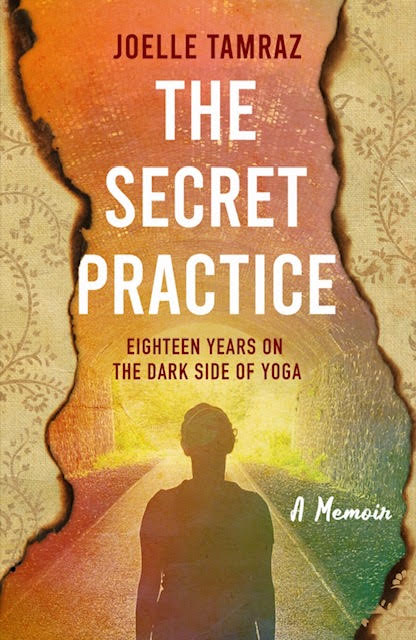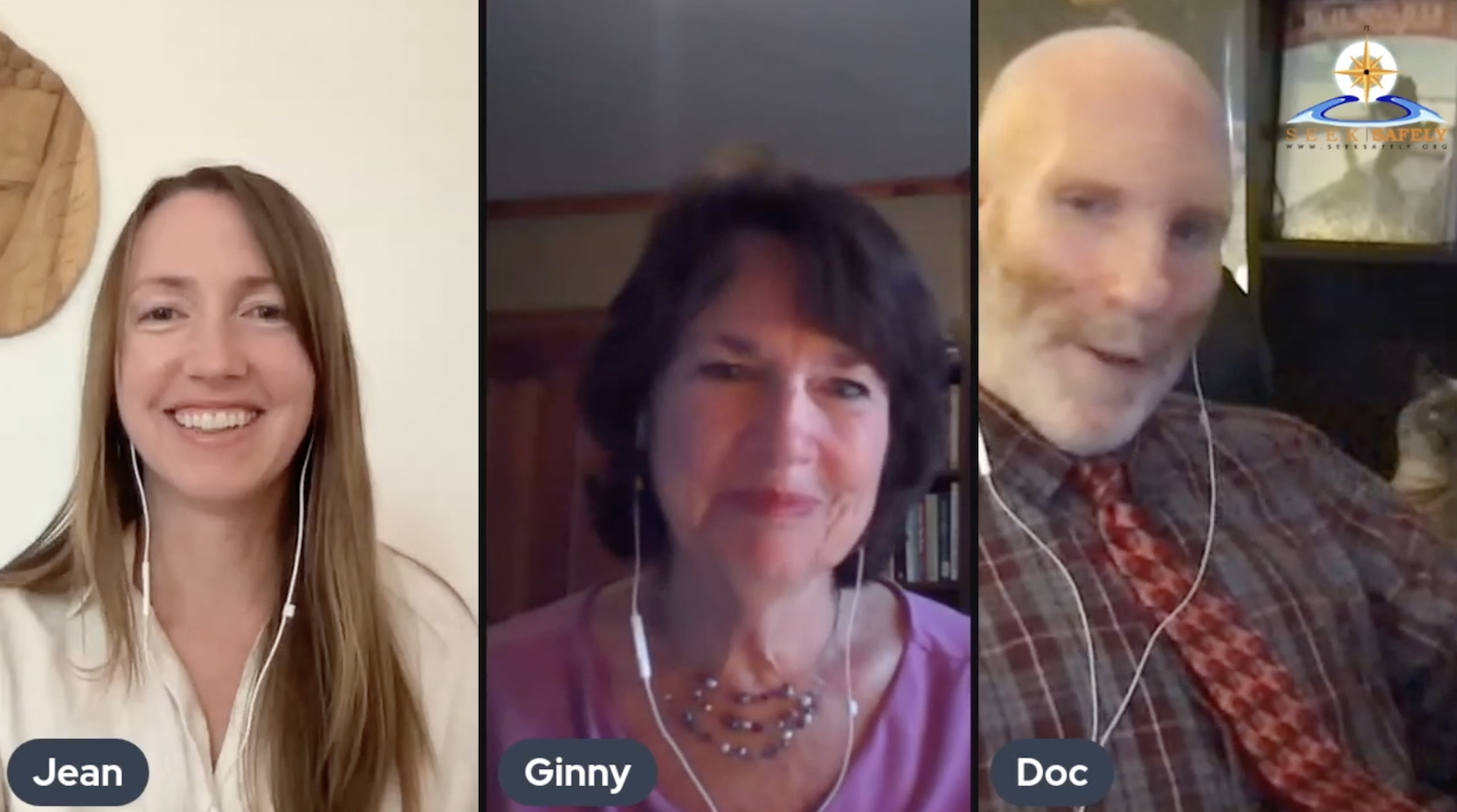
You may have seen me post about embracing the winter the other day on our Instagram or Facebook pages. One of our commenters connected this idea to gratitude, an appropriate reflection for this month of giving thanks!
Gratitude is one of those self-help buzzwords these days. We hear it a lot. There are apps, journals, and books all about this self-improvement practice. Is it real, though, or just another trend?
Touting the Benefits
If you Google or look up #gratitude on pretty much any social media, you will find a whole bunch of articles and blog posts listing the benefits of a regular practice. For example:
There has been a fair amount of study on the subject. Researchers Michael E. McCullough and Robert A. Emmons are often cited. A lot of their work highlights the social benefits of gratitude: how giving thanks for the actions of others strengthens these social relationships, and that this, given the known benefits of strong social relationships, contributes to general happiness.
Other studies have shown the neurological benefits of gratitude. Effects such as dopamine release and the activation of emotional centres in the brain are part of what’s happening when we acknowledge our grateful feelings. Have a read:
The Neuroscience of Gratitude and How It Affects Anxiety & Grief
SEEK Board member Deborah discusses using gratitude as a means turning FOMO (fear of missing out) into JOMO (joy of missing out) by helping us recognize our core values. It seems there are a lot of reasons to try out this simple practice!
Balancing out the Positive with some Warnings
Perhaps in response to the popularity of gratitude, there is also a lot out there about its limitations.
This article in The Atlantic offers a more nuanced discussion and whether it works. It goes into its origins, such as Benjamin Franklin‘s regular gratitude exercises and its link to religious belief systems. But it also talks about how the practice has been used to gloss over real social problems. This article from Quartz even discusses the “dark side” of gratitude (but it does offer some good alternatives, too). These discussions point out that gratitude can have negative impacts, such as causing us to feel guilt or comparison to others.
Noting these limitations is an important reminder that what works for some people may not work for you, or it might not be the right practice for you right now.

Tips to for a Successful Gratitude Practice
Knowing full well its limitations, gratitude is still worth a shot. I like this article, which offers some tips for creating a successful gratitude practice, such as ways to keep it fresh or add a social component to it.
Overall, gratitude is a simple practice, which is partly why it’s become so popular. You don’t have to spend any money to practice gratitude. You could literally use old receipts or scrap paper to write your thoughts on, rather than buying a fancy new gratitude journal or spending monthly on a paid app. If that new journal will motivate you, that’s ok, too, but don’t let cost be a barrier to starting.
Like all self-help, it still might not work for you, or be the appropriate approach for you, and that’s ok! Don’t beat yourself up if your daily gratitude reflection really isn’t cutting it. Also consider that if you’re dealing with really tough stuff–depression, addiction, heavy grief, PTSD, for example–you can’t expect to heal yourself, and you may need to seek the help of a professional.
* * *
I’m curious. Have you tried gratitude? Did it work for you or not? Share any tips you have for a successful practice!
*featured image by Irudayam on Flickr (CC BY-ND 2.0)*





